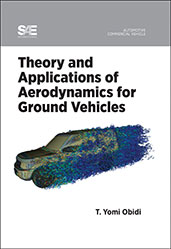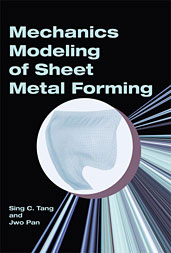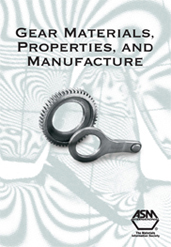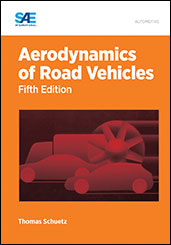Book

Vehicle-Bridge Interaction Dynamics
2004-01-01
The commercial operation of the bullet train in 1964 in Japan marked the beginning of a new era for high-speed railways. Because of the huge amount of kinetic energy carried at high speeds, a train may interact significantly with the bridge and even resonate with it under certain circumstances. This book is unique in that it is devoted entirely to the interaction between the supporting bridges and moving trains, the so-called vehicle-bridge interaction (VBI). It provides an up-to-date coverage of research conducted on various aspects of the VBI problems. Using the series of VBI elements derived, the authors study a number of frontier problems, including the impact response of bridges with elastic bearings, the dynamic response of curved beam to moving centrifugal forces, the stability and derailment of trains moving over bridges shaken by earthquakes, the impact response of two trains crossing on a bridge, the steady-state response of trains moving over elevated bridges, and so on.











